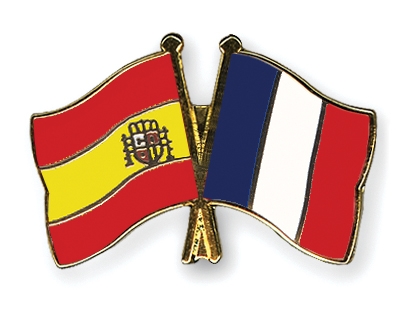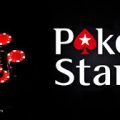
Shared Online Poker in France and Spain a Reality in a Matter of Weeks

French and Spanish online poker players will be sharing tables in the coming weeks, according to ARJEL. (Image: domaingang.com)
Online poker in France and Spain will become a merged market in the coming weeks as the first phase of a four-nation liquidity sharing pact gets underway.
Following a December 29 decision by Spain’s Dirección General de Ordenación del Juego (DGOJ) to formally approve shared playerpools, France’s iGaming authority has announced imminent action.
In a notice published on January 2, the Autorité de Régulation des Jeux En Ligne (ARJEL) said that new provisions would be in place without delay.
“On July 6 in Rome, the President of the ARJEL, Charles Coppolani, signed with his
Spanish, Italian and Portuguese counterparts a poker sharing agreement. Six months later, Spain and France are able to announce that Franco-Spanish poker tables will be offered to players from both countries in the next few weeks,” read the notice.
France Ready to Share
Back in September 2017, Clement Martin-Saint-Leon predicted that the initial stages of liquidity sharing would take place in the first half of 2018. Speaking at the recent World Regulatory Briefing in London, ARJEL’s Head of Consumer Protection said that France would be drawing up its rules as quickly as possible.
With each country expected to define its own guidelines, a definite timeline for the process hasn’t been set. However, with Spain setting out its terms at the close of 2017, just a few weeks after France, the two countries are now in a position to start sharing players.
PokerStars.fr was granted a new license by ARJEL on December 14, 2017, which suggests the world’s largest operator will be the first to bring French and Spanish players together.
But, whichever site becomes the first to share playerpools, the recent announcement is certainly positive step for all involved.
Sharing is Caring Between Four Poker Nations
Prior to the 2017 agreement, the online poker economies in France, Spain, Italy and Portugal were struggling. Owing to segregated playerpools, high taxation and a general drop in the number of players anteing up online, all four markets had seen traffic steadily decline since the introduction of national legislations.
Although a four-nation liquidity sharing pact is unlikely to take activity levels back to what they were in the early days of online poker, it will help. What’s more, with other regions, such as New Jersey in the US, looking to forge new deals, success for the aforementioned countries could lead to some interesting developments as we move through 2018.















0 Comments